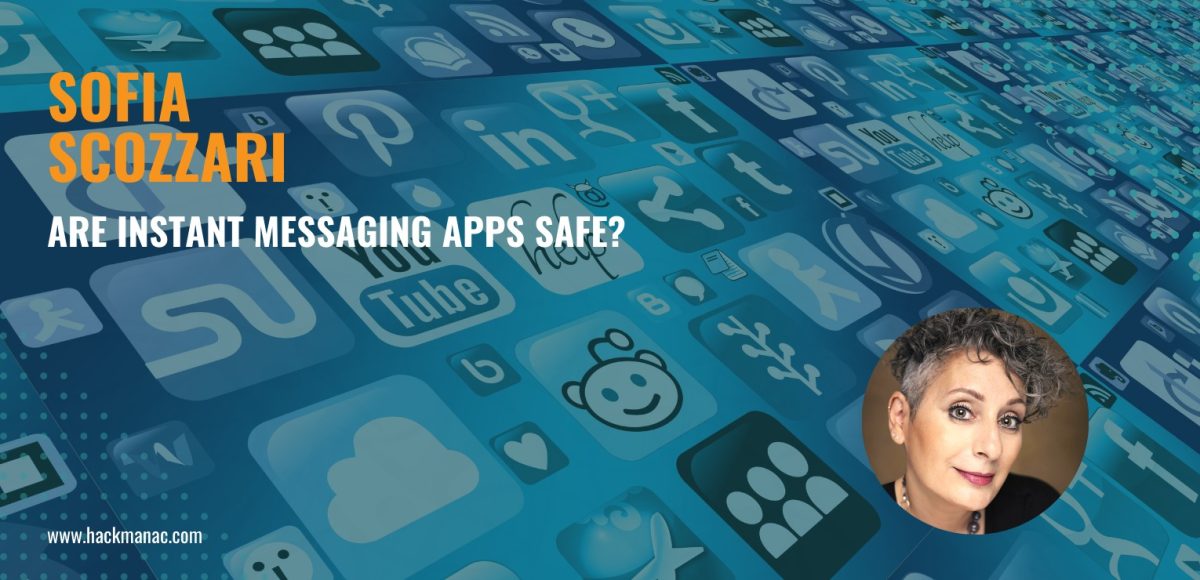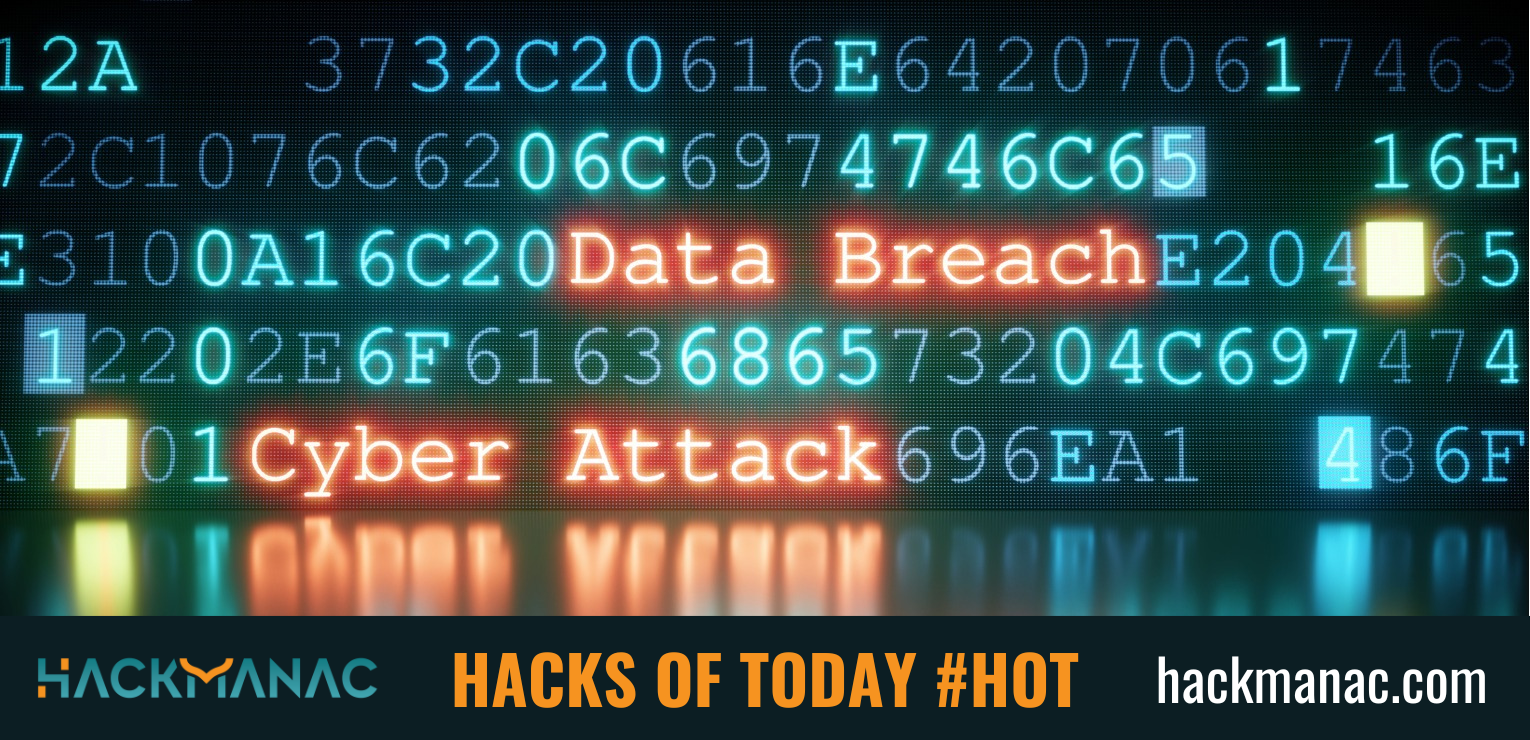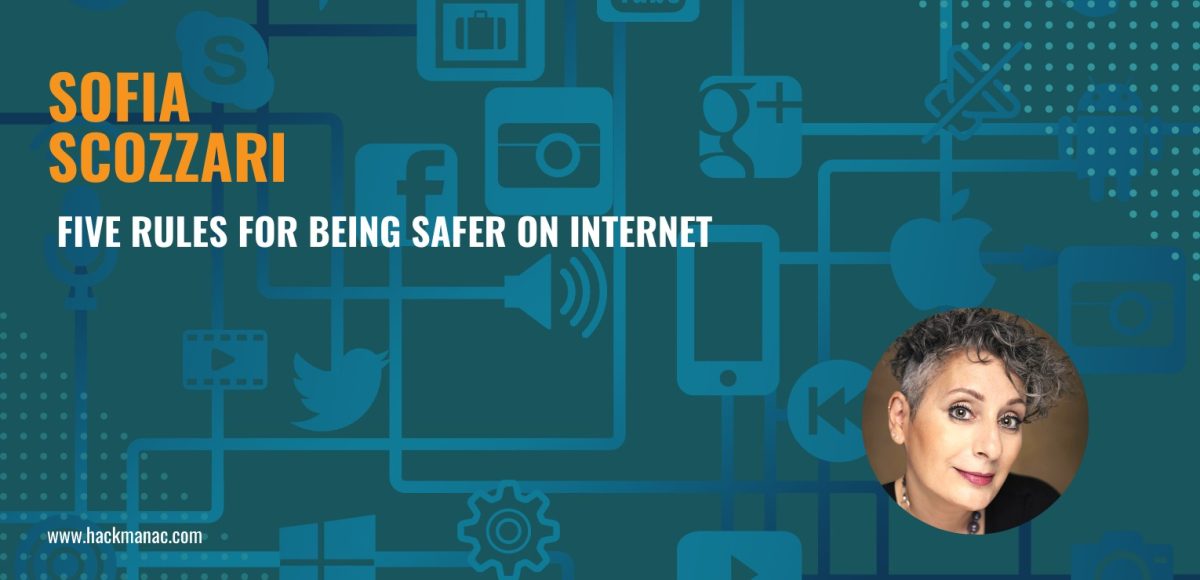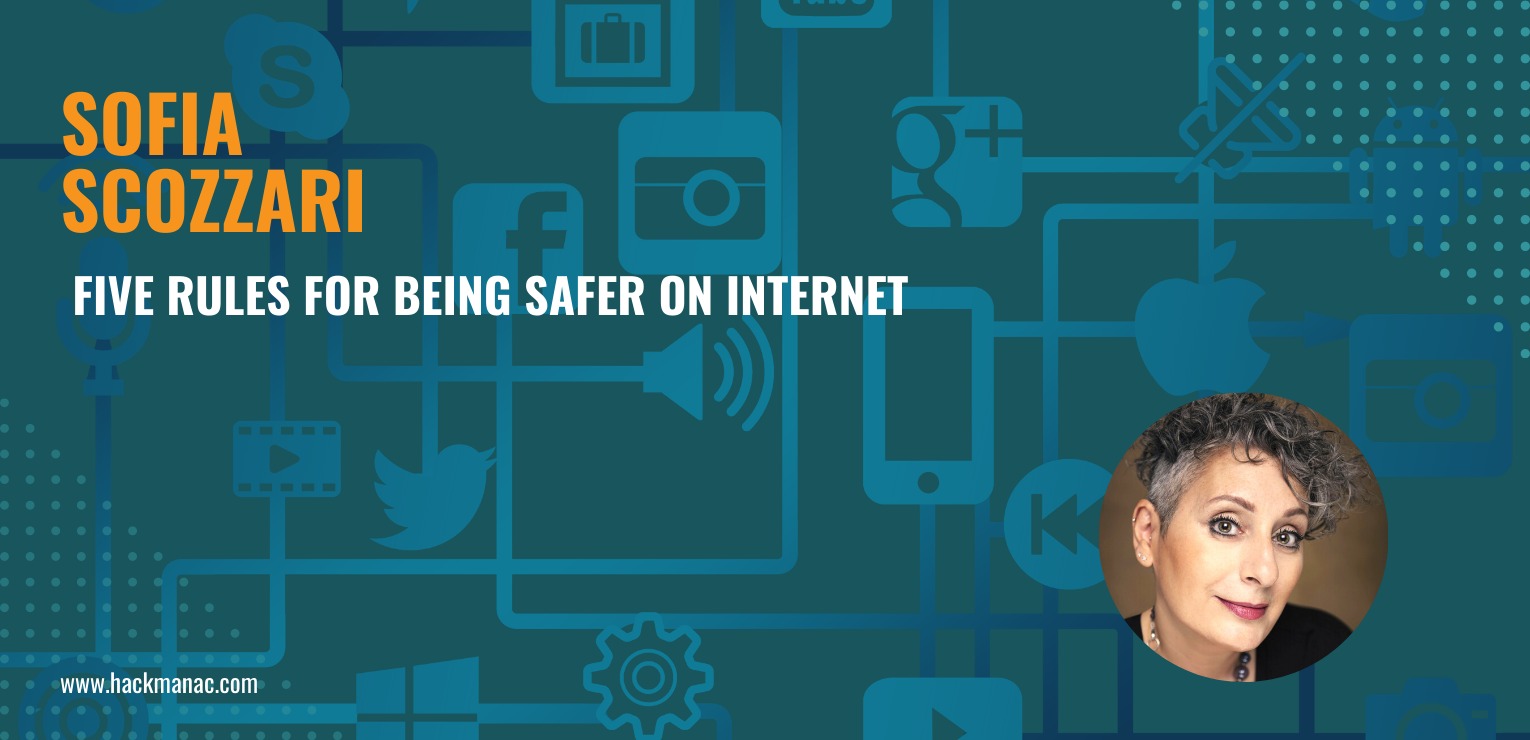news
ARE INSTANT MESSAGING APPS SAFE?
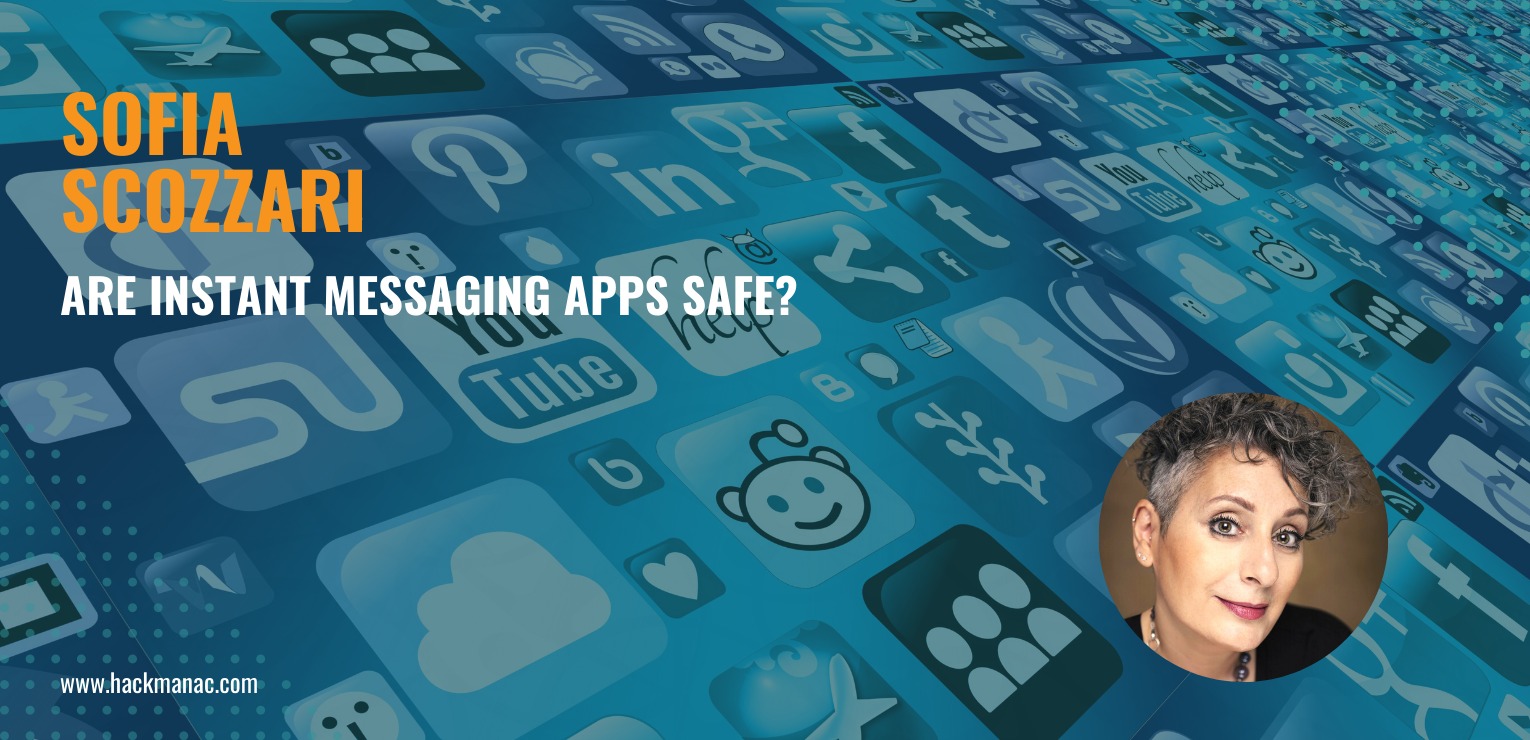
Instant messaging applications are becoming more and more popular.
And not only for personal messages: since now smart working became a common alternative, the trend is to use instant messaging apps to exchange information business related too, as an alternative to emails and phone calls.
But are these apps really safe?
All major instant messaging applications now use of the end-to-end (E2E) encryption mechanism.
With this system, messages are encrypted with a pair of keys, one public and one private, which are exchanged only between sender and recipient.
The advantage is that in this way the messages cannot be read if intercepted by a third party (a type of attack that is called “Man in the middle” or MITM).
But, while the public key is attached to the first message sent, the private key is instead tied to the device where the app is installed, making it the weak point of the system.
If the device is stolen or hacked in any way, someone else will be able to access and read the messages.
Data encryption, therefore, although very important, has limitations.
And it is not the only parameter to be evaluated to protect yourself from privacy risks.
Another aspect to take into consideration is the Metadata management. Metadata are all the data that can be collected on the user’s account and his activities and that can be considered the electronic fingerprint.
In the case of instant messaging apps, metadata collected may include the sender and recipient phone numbers, the contact list, the duration and time of the conversation, the used device, the IP address, etc …
Through the metadata, even if it is not possible to read the content of the messages, it is in any case possible to deduce useful information and profile the user and his interlocutors.
However, each app can have a different policy for managing metadata, and this is certainly a good starting point for getting useful tips on how to identify the safest apps.
Among the various instant messaging applications, WhatsApp is undoubtedly the most popular in the world.
But is it really safe?
The app has been using an extremely secure E2E encryption protocol since 2016 (the same as Signal, see below).
Furthermore, this system is active by default, without giving the user the possibility to deactivate it: an advantage from the point of view of managing privacy risks.
However, Whatsapp keeps user metadata on its servers.
Since Whatsapp is owned by Facebook, the chances for users of being profiled by both applications increase dramatically.
Ultimately, Whatsapp certainly does not prove to be the most privacy-friendly messaging app ever.
So, what are the alternatives?
Here are 3:
If WhatsApp is indeed good for personal communications, with the advantage of being a widely used app, it is important to discourage its use in a professional setting and in all cases where sensitive or confidential data is processed.
Unfortunately, many cyber attacks have shown how dangerous it can be to manage sensitive information through these communication tools and it is essential to be aware of these threats in order not to expose yourself to unnecessary risks.
Good job!
And not only for personal messages: since now smart working became a common alternative, the trend is to use instant messaging apps to exchange information business related too, as an alternative to emails and phone calls.
But are these apps really safe?
All major instant messaging applications now use of the end-to-end (E2E) encryption mechanism.
With this system, messages are encrypted with a pair of keys, one public and one private, which are exchanged only between sender and recipient.
The advantage is that in this way the messages cannot be read if intercepted by a third party (a type of attack that is called “Man in the middle” or MITM).
But, while the public key is attached to the first message sent, the private key is instead tied to the device where the app is installed, making it the weak point of the system.
If the device is stolen or hacked in any way, someone else will be able to access and read the messages.
Data encryption, therefore, although very important, has limitations.
And it is not the only parameter to be evaluated to protect yourself from privacy risks.
Another aspect to take into consideration is the Metadata management. Metadata are all the data that can be collected on the user’s account and his activities and that can be considered the electronic fingerprint.
In the case of instant messaging apps, metadata collected may include the sender and recipient phone numbers, the contact list, the duration and time of the conversation, the used device, the IP address, etc …
Through the metadata, even if it is not possible to read the content of the messages, it is in any case possible to deduce useful information and profile the user and his interlocutors.
However, each app can have a different policy for managing metadata, and this is certainly a good starting point for getting useful tips on how to identify the safest apps.
Among the various instant messaging applications, WhatsApp is undoubtedly the most popular in the world.
But is it really safe?
The app has been using an extremely secure E2E encryption protocol since 2016 (the same as Signal, see below).
Furthermore, this system is active by default, without giving the user the possibility to deactivate it: an advantage from the point of view of managing privacy risks.
However, Whatsapp keeps user metadata on its servers.
Since Whatsapp is owned by Facebook, the chances for users of being profiled by both applications increase dramatically.
Ultimately, Whatsapp certainly does not prove to be the most privacy-friendly messaging app ever.
So, what are the alternatives?
Here are 3:
- Telegram
Telegram is the best known alternative to Whatsapp and is often considered a safer application.
It is certainly a feature-rich app, suitable for various uses and which also overcomes some limitations of Whatsapp, such as the number of participants in a group chat.
But, from the point of privacy risks, things are more complex.
Telegram is in fact an entirely cloud-based messaging app: chats and message history are saved on their servers.
This feature, which on the one hand allows users to manage conversations from different devices, however, exposes to numerous risks as it’s easier for criminals to access data.
As for encryption, the app offers only client-server encryption by default, i.e. from sender to server and from server to recipient.
E2E encryption is only available in secret chats, but this option is not default and must be activated in advance.
Therefore, if you think Telegram is a safer messaging application than Whatsapp you must change your mind and take all aspects into consideration. - Signal
Signal is a still little-known open-source instant messaging app, but it has interesting features.
Recommended by several Cyber Security experts and even by the European Commission, Signal uses an E2E encryption protocol called “Signal Encryption Protocol“, considered among the best and subsequently adopted by Whatsapp and other instant messaging apps.
While it needs a phone number to work, Signal has taken a respectful approach to the privacy of its users right from the start.
In addition to the common characteristics of the messaging applications, Signal allows you to send messages that can be self-destructed and even to manage encrypted audio messages.
Furthermore, it only stores the metadata necessary for its operation, such as phone number and profile information, not storing other metadata on their servers.
It may not be the best known app in the world, but its uncompromising approach certainly makes Signal one of the most secure applications. - Threema
Threema is another open-source app, developed and maintained in Switzerland, and therefore subject to local data protection laws.
Unlike previous applications, Threema is not free and is still almost unknown.
However, it has the advantage of assigning a unique key to the user (Threema ID), so that it can be used in a totally anonymous way, without any obligation to enter a telephone number, an email or further information about the user.
The most interesting aspect is that everything is encrypted with E2E encryption, from messages, to calls, to exchanged files.
In addition, data, such as contact lists or group chats, are stored in a decentralized way on users’ devices, rather than on a Threema server.
And the messages are deleted from the server after transmission.
This ensures maximum privacy for users.
Although it is definitely the least known application among the previous ones, as well as a not-free one, Threema by far guarantees the greatest degree of confidentiality.
If WhatsApp is indeed good for personal communications, with the advantage of being a widely used app, it is important to discourage its use in a professional setting and in all cases where sensitive or confidential data is processed.
Unfortunately, many cyber attacks have shown how dangerous it can be to manage sensitive information through these communication tools and it is essential to be aware of these threats in order not to expose yourself to unnecessary risks.
Good job!
Latest news
HACKS OF TODAY 26/04/2024
Today's HOT includes 19 victims by the notorious Rhysida, Everest, RansomHouse, DarkVault, RansomHub, Medusa, Hunters International, Cactus and dAn0n gangs. The average Cyber Risk Factor is 4.2. Read...
Read MoreHACKS OF TODAY 25/04/2024
Today's HOT includes 8 ransomware victims by the notorious RansomHub, Hunters International, Black Suit, Qiulong, DarkVault, RansomHouse, Qilin and MyData gangs. The average Cyber Risk Factor is 4.0....
Read MoreHACKS OF TODAY 24/04/2024
Today's HOT includes 10 ransomware victims by the notorious RansomHouse, Black Suit, Rhysida, BianLian, RansomHub, BlackBasta, Eraleig and Qiulong gangs. The average Cyber Risk Factor is 4.4. Read...
Read More